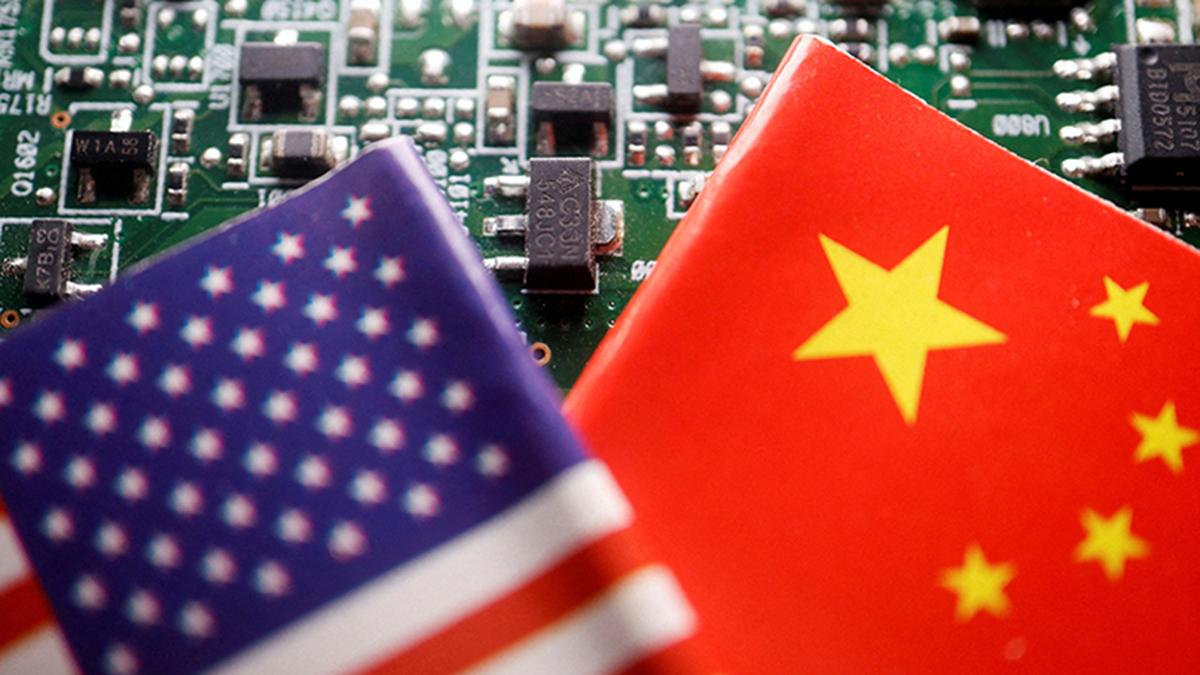
DeepSeek’s ‘Sputnik moment’ exposes holes in U.S. curbs on chip export
The Hindu
U.S. export controls on high-tech chips fuel DeepSeek's AI chatbot success, raising concerns about China's AI dominance.
U.S. export controls on high-tech chips may have inadvertently fuelled the success of start-up DeepSeek’s AI chatbot, sparking fears in Washington there could be little it can do to stop China in the push for global dominance in artificial intelligence.
The firm, based in the eastern Chinese city of Hangzhou, has stunned investors and industry insiders with its R1 programme, which can match its American competitors seemingly at a fraction of the cost.
That’s despite a strict U.S. regime prohibiting Chinese firms from accessing the kinds of advanced chips needed to power the massive learning models used to develop AI.
DeepSeek founder Liang Wenfeng has admitted the “embargo on high-end chips” has proved a major hurdle in its work.
But while the curbs have long aimed at ensuring U.S. tech dominance, analysts suggest they may have spurred the firm to develop clever ways to overcome them.
The company has said it used the less-advanced H800 chips — permitted for export to China until late 2023 — to power its large learning model.
“The constraints on China’s access to chips forced the DeepSeek team to train more efficient models that could still be competitive without huge compute training costs,” George Washington University’s Jeffrey Ding said.













